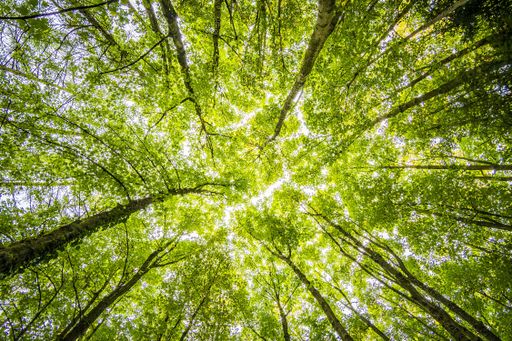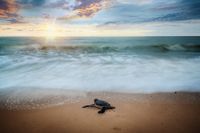Spain Pollution: Millions of Plastic Pellets Wash Up on Coast
Communities along the coast of northern Spain are facing an environmental crisis as millions of plastic pellets known as nurdles wash ashore after falling from a ship. The spill, believed to have originated from the Danish-operated vessel Toconao, has led to a massive cleanup effort by volunteers in the Galicia region. The pellets, which are less than 5mm wide, are extremely difficult to clean up. There are concerns that the spill could spread further east along the coast, posing risks to wildlife and the fishing industry.

Environmental Disaster Looms in Northern Spain
Communities along the coast of northern Spain are on high alert as millions of tiny plastic pellets, known as nurdles, have washed ashore. The pellets are believed to have fallen from a ship, the Toconao, operated by Danish company Maersk. The spill occurred on December 8th and has led to a significant cleanup operation in the Galicia region. The alarm has also been raised in the Asturias coast, further east.
Volunteers have been working tirelessly to clean up the pellets, which are less than 5mm wide and used in the production of plastic bottles. The cleanup effort is challenging due to the difficulty of finding and collecting the small pellets from the sand and water. The spill is raising concerns about the potential impact on wildlife, the environment, and the fishing industry in the area.
The Scale and Implications of the Spill
The spill is believed to be a result of at least six containers falling from the Liberian-flagged Toconao, approximately 80km west of Viana do Castelo in Portugal. One of the containers contained over 26,000kg of pellets, while others were carrying goods like clingfilm, tires, and tomato sauce. Coastal communities have witnessed a steady influx of pellets since December 13th, leading to concerns of the spill spreading further along the northern coast.
The response to the spill has raised questions and criticism. The regional government in Galicia accuses the national government of failing to inform local authorities promptly and neglecting to activate a marine pollution plan. However, the national government claims that coastal authorities were kept informed. Public prosecutors have initiated an investigation, and Maersk, the shipping company, has promised to investigate and expressed regret over the incident.
The Ongoing Plastics Crisis and Potential Impacts
The plastic pellets, made of non-toxic PET plastic, pose a significant challenge for cleanup efforts. The difficulty in collecting the small pellets makes their removal from the environment extremely challenging. The spill has reminded local communities of Spain's worst environmental disaster in 2002 when the oil tanker Prestige caused a massive oil spill along the Galician coast. Although the pellets are non-toxic, concerns remain about the long-term impact on wildlife, the environment, and the fishing industry.
Environmental organizations are taking action in response to the spill. The Ecologists in Action group plans to file a complaint against Maersk, holding the shipping company accountable. The spill also highlights the larger issue of plastic pollution in the oceans. Around 300 million tons of nurdles are manufactured each year, and an estimated 230,000 tonnes end up in the oceans. The spill serves as a reminder of the urgent need to address the plastic pollution crisis.

